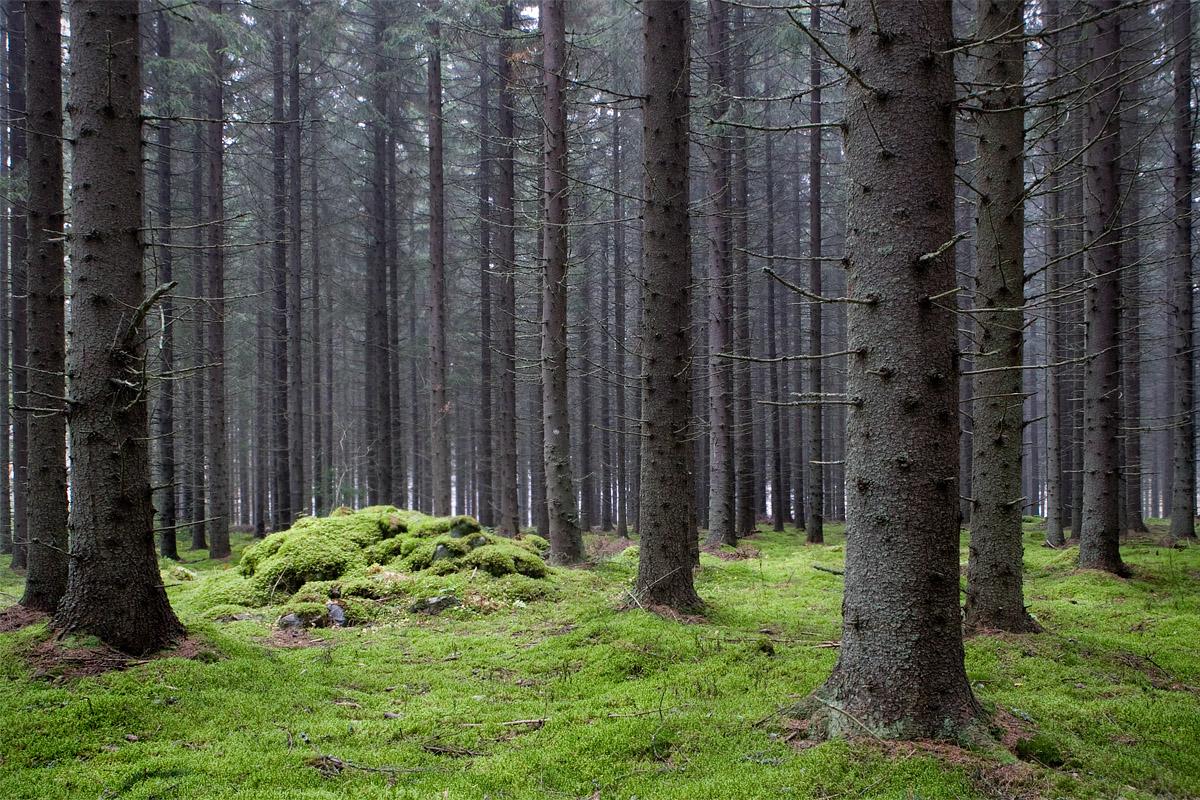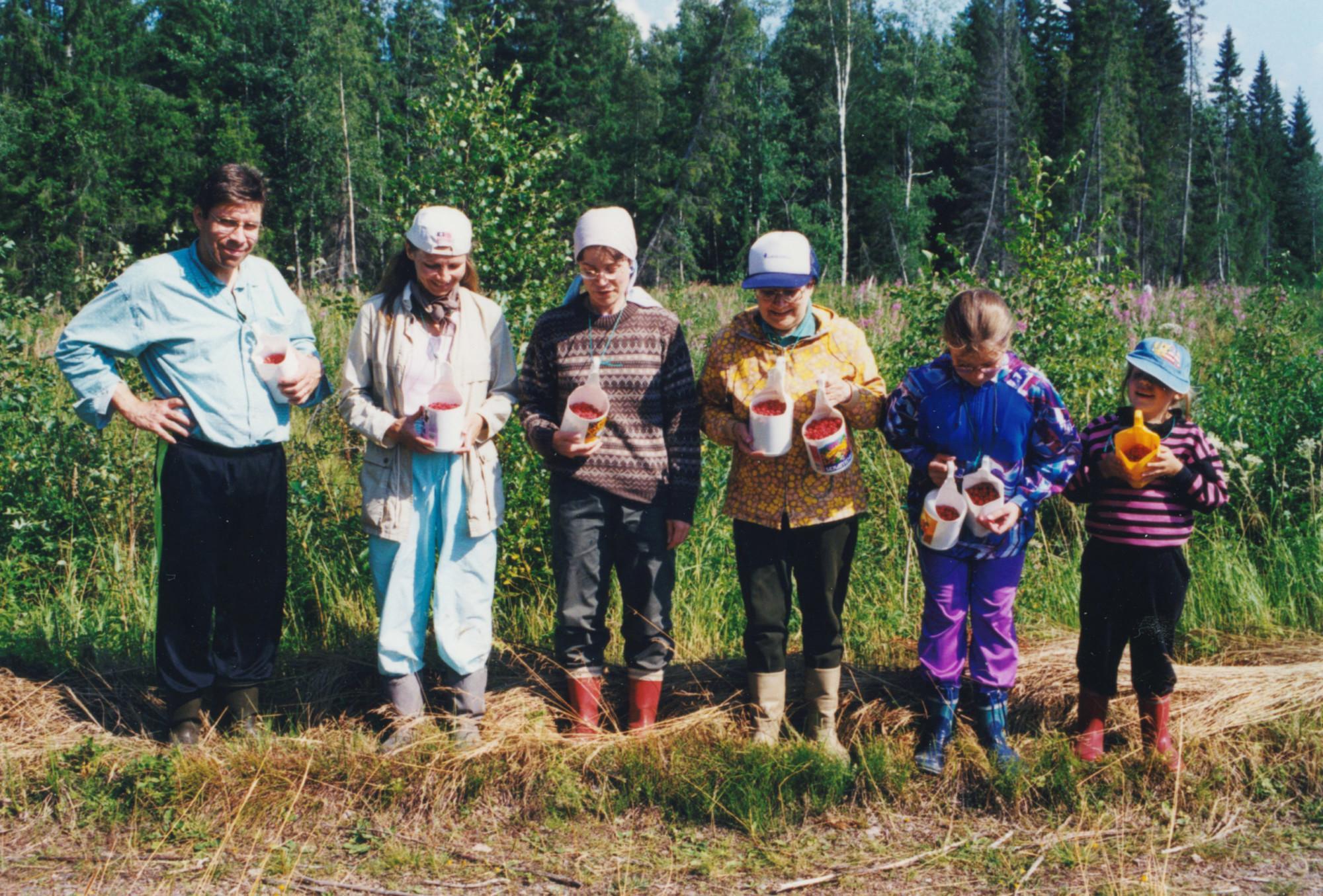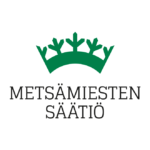Relationship with the forest
A relationship with the forest is a living relationship that an individual or a community has with the forest. It is part of an individual’s identity and personal relationship with the environment that evolves through different stages of life. Identifying your relationship with the forest strengthens your identity and increases your well-being. Communities can also share a certain kind of relationship with the forest. Making these relationships visible and understanding them promotes the interaction and coordination of different forest-related objectives.
Lusto and relationship with the forest
The Finnish Forest Museum Lusto is a national specialist museum of forest culture. Lusto is the stronghold of Finns’ relationship with the forest and an expert in forest culture.

Lusto knows how Finns feel about the forest
By forest culture we mean practices, perceptions, meanings, values and procedures related to the forest shared by individuals and communities in a social context. Forest culture is interaction in which forests offer a framework for human activity and in which people form different practices, procedures and relationships with forests.
When we talk about forest history – something that our museum collection largely reflects – we look back, while forest culture brings debate to this day. However, it is only the forest relationship perspective that clearly points to the future.
Relationship with the forest is living heritage
The Ministry of Education and Culture approved the Finnish Heritage Agency’s proposal for the National Inventory of Living Heritage on 23 November 2017.
The Finnish forest relationship was submitted for the status of living heritage by communities with forest-related activities, led by Lusto – The Finnish Forest Museum. The forest’s multidimensional significance in Finnish culture is strongly reflected in the inventory. Living heritage is intangible cultural heritage, meaningful to communities and still present in people’s everyday lives.
The UNESCO Convention for the Safeguarding of Intangible Cultural Heritage promotes the protection and awareness of the significance of living intangible cultural heritage. It emphasises transmitting traditions, cultural diversity and people’s involvement in cultural heritage. The Finnish Heritage Agency is responsible for its implementation in Finland.
Let’s introduce the world to the Finnish forest relationship!

Lusto’s ambition is to make the forest relationship known across the world. We call on communities, citizens, associations and interest groups to promote the Finnish forest relationship so that it can be included in the UNESCO intangible cultural heritage list in 2023.
Research
The human-forest relationship indicates what the forest means to us. Our relationship with the forest (our values, decisions, actions) affects both us and our environment. Finns’ relationships with the forest are changing. Research increases our understanding of different types of human-forest relationships and their impact on individuals, society and the future.
The Human-Forest Relationship in Societal Change research project:
- produces knowledge about the human-forest relationships present in society and assessments of their future prospects;
- enhances recognition of different kinds of relationships with the forest; and
- collects data on the current state of and processes of change of Finnish forest relationships.
Subprojects
The research project consists of three subprojects, which study the forest relationships of forest and nature professionals, forest owners, and forestry institutions. The project also assesses the future prospects of forest relationships.
The Human-Forest Relationship in Societal Change research project consists of three subprojects.
The subproject examines the kind of forest relationships that forest sector institutions and administrative bodies demonstrate. Forest relationships are also examined in terms of what information about forests is shared and how, what kind of decisions are made and how these are justified. The subproject produces interpretations of forest relationships and future images on society’s higher levels, and is, therefore, a counterpart to the interpretations of Tuulikki Halla and Reetta Karhunkorva, which are based on forest relationships at the individual level.
This subproject studies forest professionals’ relationships with the forest and their role in forest-related conflicts.
This study explores how forest professionals’ relationships with the forest is formed; what kind of elements (values, experiences, meanings, knowledge, emotions, beliefs) they have; how these relationships determine their professional identity; and how their relationships with forests manifest themselves in forest-related conflicts. Human-forest relationships that have an impact on conflicts are viewed as silent signals of changes in values and attitudes and of potential growing megatrends.
This subproject studies private forest owners’ relationships with forest; the intergenerational meanings of forest ownership; and the living heritage related to forest ownership. Here, the interest lies in narratives of forest ownership.
The research focuses on the contents and time perspective of forest ownership and societal interactive processes of change within forest relationships of forest owners and other forest users, related to the freedom to roam, for example. The key concepts are the human-forest relationship and the culturality of forests and forest ownership, intangible cultural heritage and intergenerationality.

The project is funded by the Metsämiesten Säätiö foundation. Donations and mergers of foundations have a significant impact on the effectiveness of the Foundation’s non-profit activities. More information: www.mmsaatio.fi

People
Research group and steering group.

Publications
Scientific and other publications.

Events
Conferences and seminars.
Writings on relationships with the forest
The blog tells stories about how Finns feel about the forest and it opens new insights to the subject.
Forest – connected with nature and ancestors ›
An energetic forest adventurer or a serene caretaker? ›
The core of Lusto’s activities is the Finnish forest relationship and forest culture ›